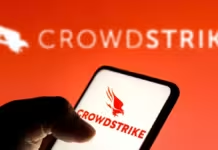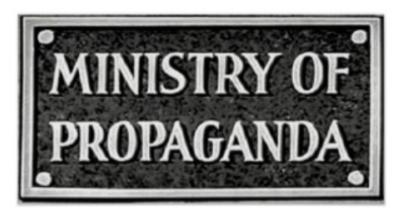EUvsDisinfo is the flagship project of the European External Action Service’s East StratCom Task Force(opens in a new tab). It was established in 2015 to better forecast, address, and respond to the Russian Federation’s ongoing disinformation campaigns affecting the European Union, its Member States, and countries in the shared neighbourhood.
EUvsDisinfo’s core objective is to increase public awareness and understanding of the Kremlin’s disinformation operations, and to help citizens in Europe and beyond develop resistance to digital information and media manipulation.
What we do
Using data analysis and media monitoring services in 15 languages, EUvsDisinfo identifies, compiles, and exposes disinformation cases originating in pro-Kremlin media that are spread across the EU and Eastern Partnership countries. As of 2019, our monitoring capabilities also uncover disinformation spread in the Western Balkans and the EU’s Southern neighbourhood. These cases (and their disproofs) are collected in the EUvsDisinfo database – the only searchable, open-source repository of its kind – which currently comprises over 15,000 samples of pro-Kremlin disinformation. The database is updated every week, together with a brief trend summary. To follow these updates, subscribe to our weekly newsletter, the Disinformation Review.
In addition to the database, we regularly publish articles and analyses about new developments in disinformation methods and practice, and collate international research that makes innovative contributions to the field. The section on Elections provides a series of educational materials about one of the most serious disinformation threats facing democratic societies: electoral interference.
Our team is also heavily involved in public and government outreach. We brief and train EU institutions, Member State governments, journalists, and civil society organisations, and regularly speak at international conferences. Our products are an important resource for political leaders, state agencies, researchers, think tanks, and journalists around the world.
Read an in-depth article on our work here and a Q&A page here. (opens in a new tab)
Want to stay up-to-date on our work? Follow us on Facebook(opens in a new tab) and Twitter(opens in a new tab)!








